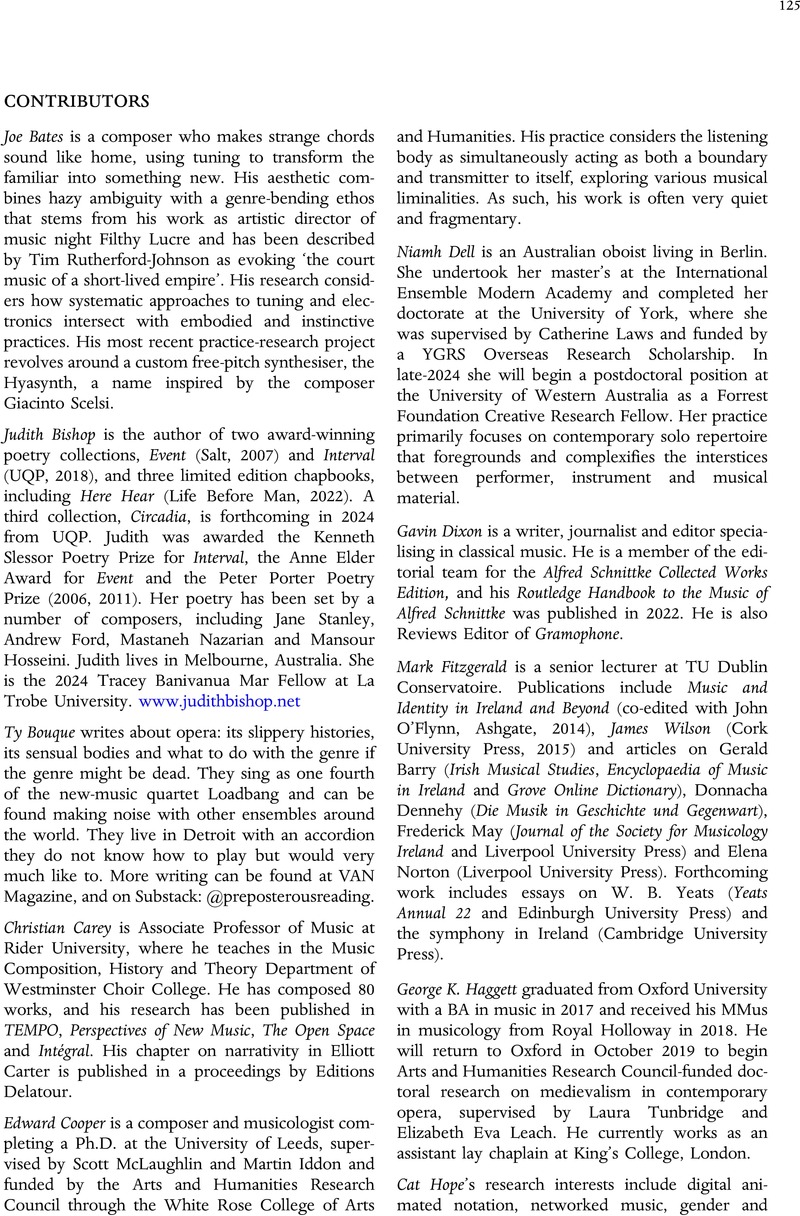No CrossRef data available.
CONTRIBUTORS
Published online by Cambridge University Press: 28 August 2024
Abstract
An abstract is not available for this content so a preview has been provided. Please use the Get access link above for information on how to access this content.

- Type
- CONTRIBUTORS
- Information
- Copyright
- Copyright © The Author(s), 2024. Published by Cambridge University Press



